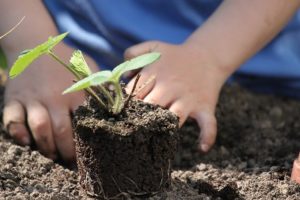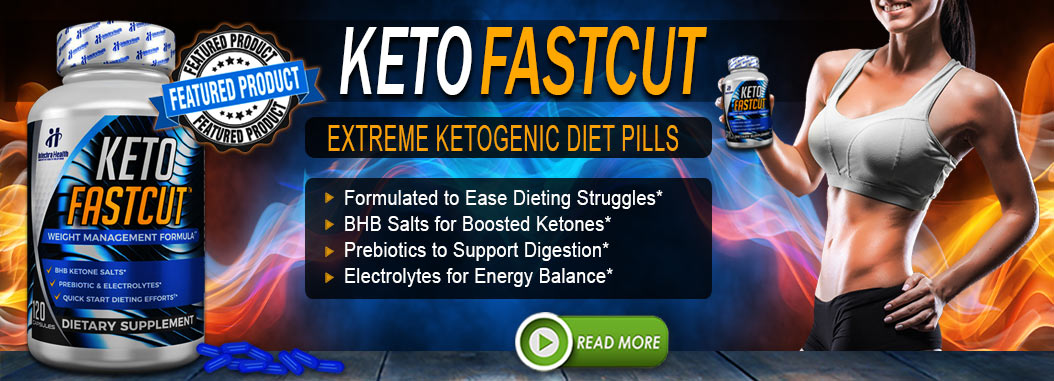 Right now is a great opportunity to turn your garden into a diet program over the following months. Even if you’ve never grown anything other than a browned spider plant in a dorm room, there are still a number of great easy options for you to be able to choose to help you to get the exercise and motivation to eat healthy throughout the summer and into the fall. The key is to make the right choices. A veggie garden is a wonderful way to help you do just that.
Right now is a great opportunity to turn your garden into a diet program over the following months. Even if you’ve never grown anything other than a browned spider plant in a dorm room, there are still a number of great easy options for you to be able to choose to help you to get the exercise and motivation to eat healthy throughout the summer and into the fall. The key is to make the right choices. A veggie garden is a wonderful way to help you do just that.
Your Veggie Garden Keeps Your Kitchen Stocked
Starting an edible veggie garden can seem like a lot of work, but the majority of the effort is done at the beginning – when you have the largest amount of motivation – and then it is simply a matter of simple regular maintenance and harvesting your veggies that will taste far better than what you will buy at the grocery store – or even at the farmer’s market – and that will be far higher in nutrients, as well.
At the same time that you will be eating better and enjoying superior flavors, you’ll also be eating far fewer calories, because you’ll be naturally filling your diet with vegetables that are low on the calorie scale. It’s the perfect match to any healthy nutrition strategy and to give you added immune support. Furthermore, you’ll find yourself heading outside for fresh air and exercise more frequently as you plant, weed, and water. Not to mention harvesting, the most exciting part!
What Should You Plant?
Some great options that can be fantastic for virtually any veggie garden and any gardener include growing green beans, snow peas, lettuce, fresh herbs (such as parsley, basil, and mint), bell peppers, hot peppers and, of course, the beloved tomato (cherry or regular sized). Suddenly, you’ll discover that you have free salads for several weeks’ worth of meals, and you’ll be flavoring your foods with healthy herbs instead of salts and fats.
Haven’t got a yard or a place in which to plant in the ground? That doesn’t mean that you’re out of luck. Container gardening is taking off in popularity as people discover that they can turn their decks and balconies into stunning veggie gardens that can produce a surprising amount of vegetables. The key is to make sure that you select the right varieties. Leafy greens typically do great in container gardens, as do dwarf varieties of plants such as some type of cherry or grape tomato. Bell peppers will do well in enough sun, and both beans and snow peas can grow successfully in nearly any conditions. Just make sure that you water more regularly as they dry up faster in pots than in the ground!
If you’ve started early enough, you can plant from seed, for the cheapest possible project, but now is the time that the majority of home and garden centers offer seedlings that have already spouted, to give you a time advantage.
Things to Consider for Your Veggie Garden
While you choose what to plant and where, make sure to keep the following points in mind:
- Light – Most veggies need full sun. There are some partial sun varieties and a tiny number of shade lovers, but if you want to have the most choice regarding what to grow, go for as much sun as possible.
- Water – Thought it’s nice when Mother Nature provides just the right amount of water for a garden, there will be times when it will be up to you to top things up. Make sure that wherever you plant your garden, you will have easy enough access to water that you’ll actually do it. If you’re lugging watering can after watering can across a massive property to your veggie garden, that habit will end fast, and your plants won’t thrive.
- Space – Your seedlings might look small when you first plant them, but they will grow (and grow and grow). Give your veggie garden enough room to grow to ensure it will thrive and the plants won’t choke each other out.
- Plant variety – Choose plants that suit the length of your growing season and conditions you’ll have available. Dwarf varieties are often better for containers, for instance. If you live in a northern zone, avoid tropical plants unless you plan to bring them inside at the end of the outdoor growing season.



















